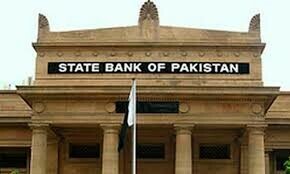GENEVA, Feb 10: In recent weeks, Switzerland’s battered banking icon UBS has turned to an advertising campaign in a bid to retain Swiss clients, whose confidence has been hit by a string of colossal losses.
“Everyone deserves a second chance. UBS too,” reads an advertisement bearing the testimony of one of bank’s clients, an optician called Sybille Hodel.
On Tuesday, UBS said it lost $17 billion in 2008 and has been forced to axe 2,000 jobs.
It came on top of a 4.4 billion Swiss franc loss in 2007 incurred from the United States sub-prime home loans crisis and the ensuing fallout in the financial markets.
The billions in losses made Swiss corporate history and served as an indictment of the bank’s ill-fated expansion in investment banking in recent years.
Switzerland’s biggest bank sought in 2005 to boost profits by expanding its investment banking business, particularly pushing into mortgage-backed securities and structured credit and commodities businesses.
The returns came quickly in the boom years, and UBS’s investment bank unit reported its “most profitable year ever” in 2006, with a 15 per cent jump in pre-tax profit as revenues in equities and investment banking soared.
But by 2007, the experiment openly began to sour.
In October 2007, the bank stunned financial markets by announcing US sub-prime home loan-related write downs amounting to some $4.2 billion.
By December, the bank had written down another 10 billion, and had turned to a Singapore sovereign fund and an unnamed Middle Eastern investor for 13 billion francs to bolster its capital.
It posted its first full-year loss in 2007 to the dismay of Switzerland.
The news eventually led to the ousting of chairman Marcel Ospel, who was criticised by Switzerland’s President Pascal Couchepin for his “Pharaoh-like” salary.
As the bank struggled to recover, Ospel and other board members became the target of a public campaign calling for them to return bonuses they had drawn during the bank’s boom years. Amid the public uproar, Swiss politicians sought to calm nerves. Finance Minister Hans-Rudolf Merz said in September that UBS was “in good health” and that the state had seen “no reason to intervene.”—AFP













































Dear visitor, the comments section is undergoing an overhaul and will return soon.